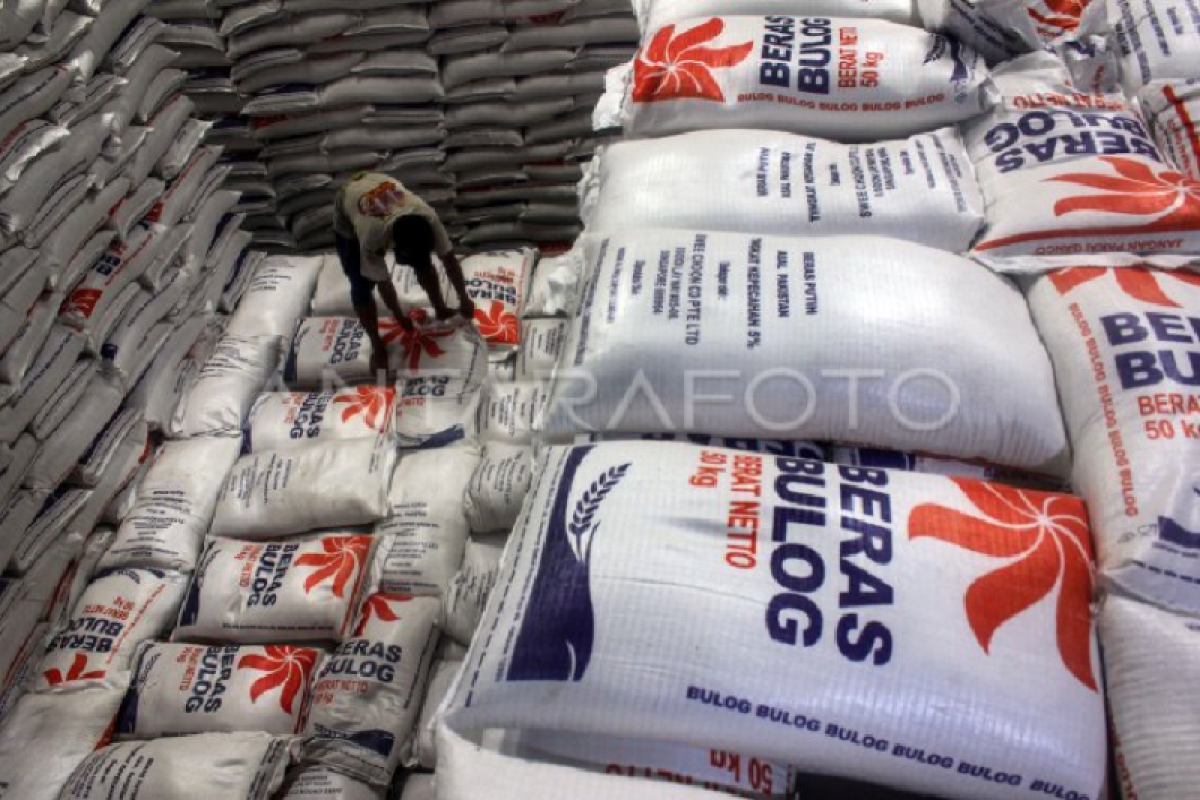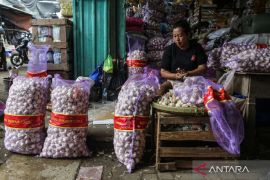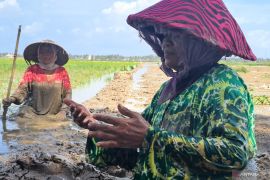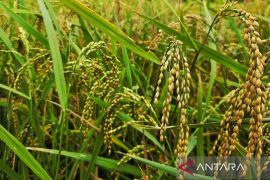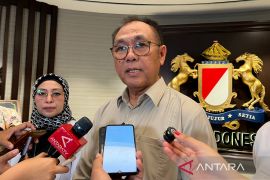He made the statement amid the government's plan to reopen rice imports to shore up its rice reserves until 2024.
"No matter how much (rice) farmers produce, all will continue to be accommodated or absorbed," he said while reviewing rice supplies at Cipinang Central Rice Market in Jakarta on the same day.
Waseso said that the government is buying rice from farmers at the latest government purchasing price (HPP) of Rp5,000 (US$0.32) per kilogram for unhusked rice.
The price is 20 percent higher than the previous HPP of Rp4,200 (US$0.27) per kilogram.
The absorption of rice produced by farmers in the January–September 2023 period reached around 820 thousand tons.
However, he noted that his side is worried that the absorption will decline due to a potential decrease in farmers' production in the harvest season in early 2024.
The decline in rice production has been predicted due to the drought, which is currently sweeping most rice-producing regions and has been caused by the ongoing El Nino phenomenon.
Data from Statistics Indonesia has projected that the weather anomaly will lead to lower rice production compared to the previous harvest realization of 7.2 million tons. The average monthly rice consumption in Indonesia is 2.55 million tons per month.
"To this end, in order to ensure market needs are not disrupted amidst this natural phenomenon, we use imported rice," he explained.
According to the National Food Agency (Bapanas), the quota for rice imports for 2023 is 2.9 million tons. The government is planning to import 1 million tons of rice next year, including from China.
Waseso assured that Bulog still has reserves of 1.7 million tons of rice to meet people's needs through food assistance provision until the end of 2023.
Related news: Bapanas ensures fulfillment of rice availability
Related news: Jokowi thanks Indonesian farmers for domestic rice supplies
Translator: M Riezko, Raka Adji
Editor: Anton Santoso
Copyright © ANTARA 2023
